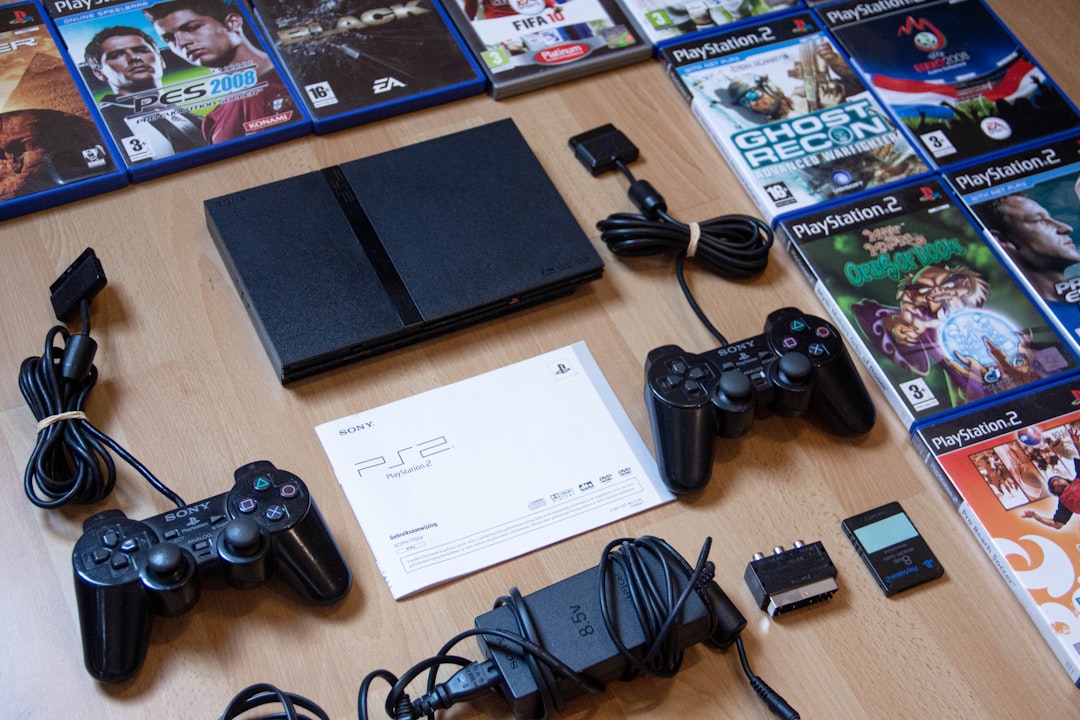
Introduction
Sony is reportedly in advanced discussions to acquire a media powerhouse responsible for developing the global gaming phenomenon Elden Ring. This move aligns with Sony’s strategy to bolster its gaming division, expand exclusive content offerings, and maintain its competitive edge against rivals like Microsoft. For investors, this potential acquisition raises questions about Sony’s growth trajectory and the broader impact on the gaming and entertainment sectors.
To stay updated on Sony’s financial health, the Balance Sheet API provides detailed insights into assets, liabilities, and shareholder equity.
Key Details About the Acquisition
The potential acquisition is expected to impact Sony’s gaming and entertainment division significantly.Here are some key points:
Why This Deal Matters:
Elden Ring was a massive success, selling over 20 million copies globally, making it one of the best-performing games in recent history.
The acquisition would secure exclusive content, enhancing Sony’s PlayStation platform’s appeal.
Estimated Deal Size:
While financial details are not disclosed, industry estimates suggest the deal could be valued at billions of dollars, reflecting the studio’s intellectual property portfolio and development capabilities.
Strategic Implications:
Strengthens Sony’s first-party offerings, a critical factor in the console wars.
Expands Sony’s portfolio in the gaming and entertainment ecosystem, potentially crossing into movies or series adaptations.
For tracking the stock performance of Sony and other players in the gaming industry, the Market Most Active API offers data on stocks with high trading volumes and significant market movements.
Impact on the Gaming Sector
The gaming industry has been consolidating rapidly, with major players like Microsoft and Sony acquiring key studios. Sony’s focus on exclusive titles has been a winning strategy, as games like God of War and Spider-Man have driven console sales. If successful, this acquisition could:
Increase competition in the high-stakes gaming market.
Pressure Microsoft and other competitors to secure similar deals to remain competitive.
Lead to further consolidation as studios seek partnerships with larger platforms.
The Sector Historical Overview API helps investors analyze historical trends in the entertainment and gaming sectors, offering valuable context for these developments.
Opportunities for Investors
Sony’s potential acquisition presents multiple opportunities for investors:
Revenue Growth: With gaming revenues reaching $200 billion globally, Sony’s expansion into exclusive content can capture a larger market share.
Long-Term Gains: Leveraging Elden Ring’s success could create spin-offs, sequels, or even adaptations for other media platforms.
Market Positioning: Strengthening its IP portfolio solidifies Sony’s dominance in the gaming sector.
Investors should monitor Sony’s valuation metrics and market sentiment using tools like the Key Metrics (TTM) API to assess the impact of this potential deal.
Conclusion
Sony’s reported acquisition of the Elden Ring studio marks another major step in the company’s gaming strategy. If finalized, this deal could reshape the competitive landscape of the gaming industry while delivering significant value to investors. By keeping an eye on financial trends and leveraging tools like FMP’s APIs, investors can better navigate this evolving market and capitalize on Sony’s growth potential.

